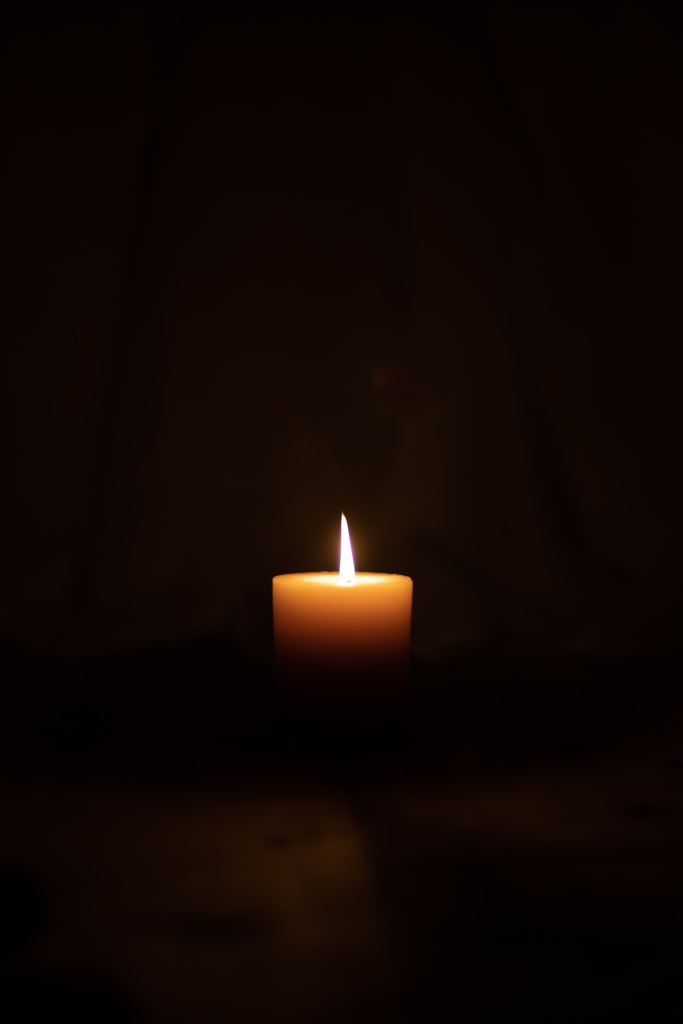
This is an unashamed plug for Audible. After a long time protesting that the only way to get audio books at a good price was to join Amazon’s equivalent of a book-of-the-month club, we finally capitulated few years ago and signed up.
One book a month is more than I would like to buy. There are still such things as libraries that give you books for free. But to sweeten the deal Audible also offers free books that are additional to your subscription, and I think these disappear from your personal library if you ever stop paying your £7.99.
Somewhere along the line, Audible appear to have bought a whole catalogue of courses that used to be marketed separately as ‘The Great Courses’ ; and they added some of these to their free offerings. They are lecture sets, from able and obsessive communicators, and like most lectures I’ve ever been to, I enjoy the feeling of dining at a rich person’s table, even if I don’t belong there, and soon forget most of what 1I took in.
They are so good. I tend to listen to them while I work through a keep-fit programme, which, as anyone who does this kind of thing will testify, is among the most boring activities on earth. Unfortunately it’s also a kind of investment in health that you get compelled to make.
So, the Great Courses, to distract from the zombifying act of personal training. Like I said, they are so good. Here’s what I’ve listened to so far:
London: A short history of the greatest city in Western World by Robert Bulchoz. Wonderful story from a lecturer (I think) at Loyola University in Chicago, who in my listening never put a foot wrong in his knowledge of the city, told me huge amounts I didn’t know, and gave me the little warm glow that happens when someone from the outside praises a thing you love from the inside.
Classics of British Literature by John Sutherland. Another survey of the UK by an American lecturer (if I remember right), starting with Beowulf and ending in somewhere in the 21st century. He has evidently read everything and slotted it into its historic context. Absolutely wonderful. Wish I could remember 90% and forget 10% of this rather than the other way around. His only fault was not talking much about Anthony Trollope.
The world of Biblical Israel by Cynthia R Chapman. So nice to hear Biblical studies from a Biblical scholar who isn’t aggressively trying to undo and unpick the Bible, or indeed aggressively defending it, but rather treating it as a thing that is there and explaining it with respect.
Understanding Complexity by Scott E Page. This was somewhat nearer the maths and physics that I failed to understand as an undergraduate. An introduction to the theory of complex systems, with entertaining divertissimos (if that’s the plural of divertissimo) into how complexity theory should be applied to the life we find all around us. Complexity is why economic predictions are always wrong and why (I think) a drug that did me a lot of good when I took it for a season nearly killed me when I went onto a second course. Drugs and human interactions are not simple, they are complex. Doing the same thing a second time can have the reverse effect to what it did the first time. I wish every politician and civil servant who tries to manage a complex entity like the UK, and every physician who tries to solve human body problems would listen to this.
Augustine: Philosopher and Saint by Philip Carey and Books that Matter: The City of God by Charles Mathewes. Two majestic introductions to the life and thinking of the North African saint and ‘Doctor of the Church’. I’m still working through the lectures on Augustine’s great work ‘The City of God.’ I’m used to physics and so I’m aware how Copernicus changed the whole way we think about the solar system, how Newton did the same for physics, and Einstein did it again for cosmology, and the founders of quantum mechanics did for quantum theory. I didn’t realize that Augustine had done much the same for Western theology and perhaps even historiography. This is well beyond me. But even the bits I do understand are revolutionary.
I believe no-one should ever listen to a lecture or read a book because it’s ‘important’. You should only ever tackle anything if it’s fun, a rollercoaster. These were.







